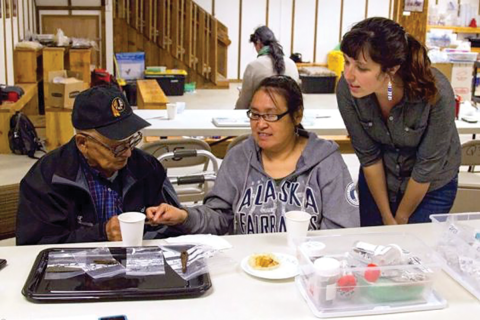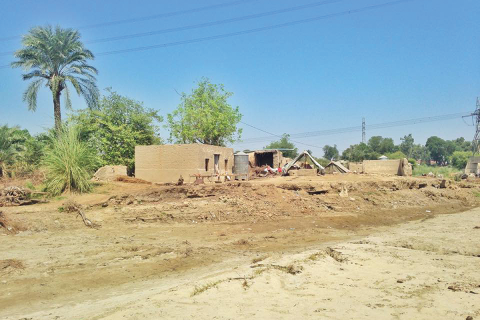
Gender, Land, and Food Sovereignty in Nicaragua
by Rachel Mallinga, Master’s Candidate, Department of Public Policy, Planning, and Management


by Rachel Mallinga, Master’s Candidate, Department of Public Policy, Planning, and Management

by Erin Gallo, PhD candidate, Department of Romance Languages

by Kenneth Surles, PhD candidate, Department of History

by Anna Sloan, PhD candidate, Department of Anthropology

by Thomas R. Schmidt, PhD, Research Fellow, Wayne Morse Center for Law and Politics
In 1969, the Washington Post was the first major American newspaper to replace its women’s pages with a lifestyle section. Introducing the Style section was one of the most lasting legacies of famed Post editor Ben Bradlee. As he later described the launch of Style, “We wanted to look at the culture of America as it was changing in front of our eyes. The sexual revolution, the drug culture, the women’s movement. And we wanted to be interesting, exciting, different.”1

by Sarah Ahmed, PhD candidate, Department of Sociology

by Helen Yi-lun Huang, Graduate Student, Department of English
“Yes, we have no bananas
We have-a no bananas today.”

by Katie Warden, PhD candidate, Department of Sociology

by Amanda Morris, PhD Candidate, Department of Human Physiology
At conferences, I am often asked, “Why are you interested in studying older adults?” My answer is simple; I believe aging is the future.

by Alia Yasen is a PhD candidate in the Department of Human Physiology